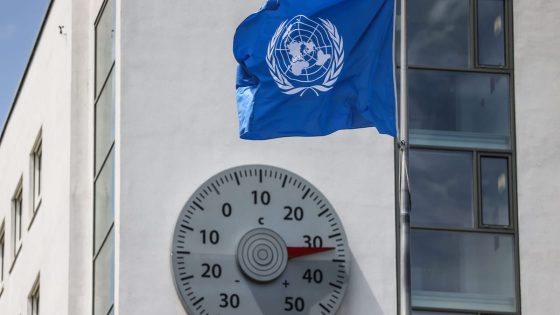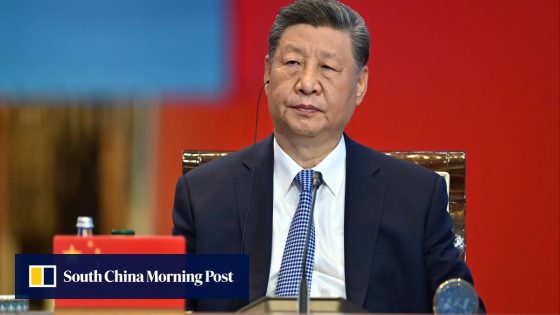The global climate landscape is shifting dramatically as the united states retreats from its previous commitments. At the recent UN climate talks in Bonn, Germany, negotiators expressed concerns about the U.S.’s diminished role in international climate agreements. This is particularly relevant as countries prepare for the upcoming COP30 summit in Brazil, scheduled for November 2025-06-26 23:32:00.
- U.S. support for EU climate efforts wanes
- Trump reverses U.S. climate policies again
- U.S. disrupts international climate agreements
- Broader U.S. targets climate-related efforts
- Absence eases negotiations, worsens emissions impact
President Donald Trump’s administration has taken a stark approach, dismantling U.S. climate policies both domestically and internationally. Unlike his first term, the U.S. is now actively undermining global climate efforts, withdrawing from vital agreements and pressuring organizations to abandon green initiatives. This shift raises questions about the future of international climate cooperation.
This situation prompts a critical reflection: How will the absence of U.S. leadership affect global climate negotiations? As nations grapple with rising emissions, the implications are profound. Consider these points:
- The U.S. withdrawal from climate agreements may embolden other nations to follow suit.
- International efforts to curb emissions could stall without U.S. participation.
- Global trust in U.S. commitments to climate action is waning.
As the world faces escalating climate challenges, it is crucial for nations to unite and reaffirm their commitments to sustainable practices. Will countries step up in the absence of U.S. leadership?
































